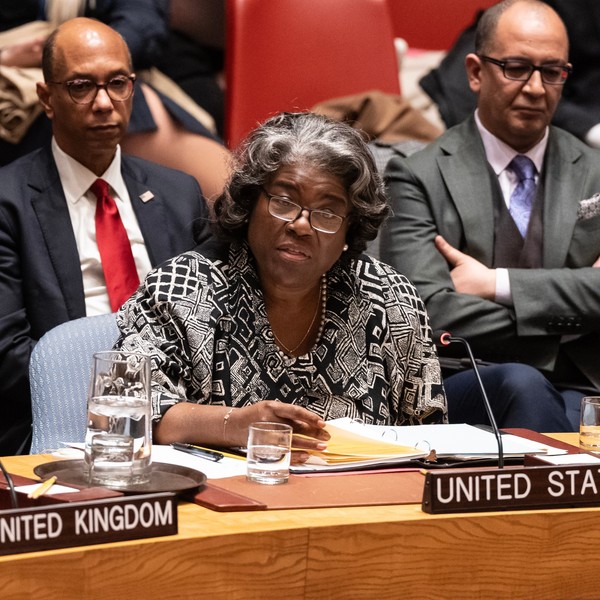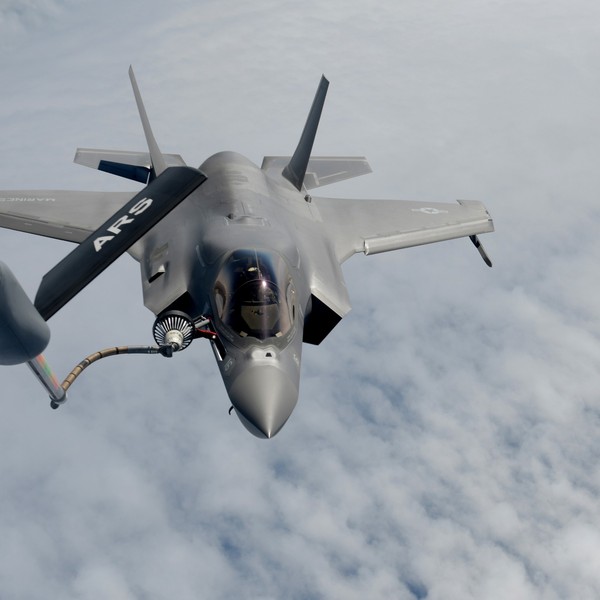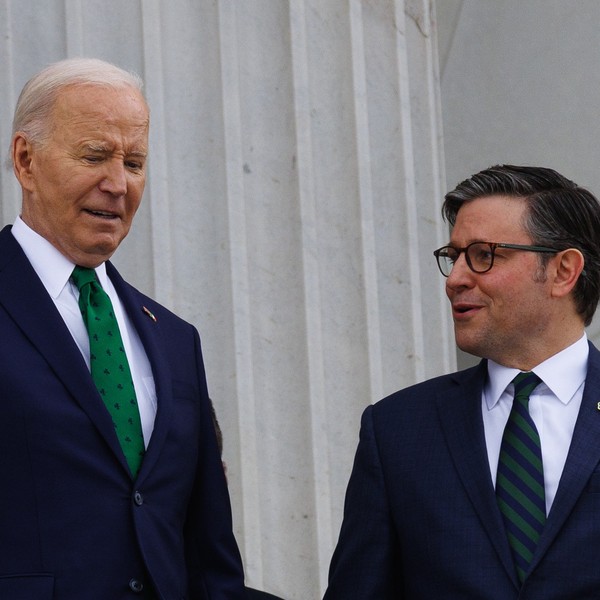Joe Biden as candidate campaigned on pulling us back from the nuclear brink, reforming our Cold War policies and cancelling dangerous new weapons begun by Donald Trump. Joe Biden as president has completely abandoned these pledges. At this point, all we should expect from the Biden administration on nuclear policy are more weapons contracts.
The latest indicator of this backtracking is the sad story of Deputy Assistant Secretary of Defense Leonor Tomero. She came to the job with fresh but experienced eyes. Her only mistake was believing that Biden meant what he said. She apparently lost her job for that belief. She reportedly has been removed from her post in charge of nuclear policy and missile defense (including next year’s Nuclear Posture Review that will set out nuclear policy for the Biden administration).
“People wonder why we don’t learn from failures like Vietnam, Iraq and Afghanistan,” Dr. Jeffrey Lewis, an expert on national security policy at the Middlebury Institute for International Policy, told The Washington Post. “The reason is simple: People who point out alternatives to current national security policies are systematically driven out of positions of authority.”
Full disclosure: I know and respect Leanor Tomero and her former boss, House Armed Services Committee Chairman Adam Smith (D-Wash.), who sent an excellent nuclear policy letter to Biden just last month. I did not talk to them or to anyone at the Pentagon about what happened. Ever loyal, Tomero likely does not want to embarrass anyone in the administration.
But they should be embarrassed. What they did was awful.
The key point to understand is that when an appointee, like Tomero, comes into the Pentagon, they are put in charge of a vast, entrenched bureaucracy dedicated to keeping the system operating as it has been. There are zero incentives for these bureaucrats to cancel existing programs or to change existing policy. They resented Tomero’s questioning of these programs. They saw her as their problem, not as their leader.
According to knowledgeable sources, the Pentagon staff complained to Republican staff on the Senate Armed Services Committee that Tomero wasn’t sufficiently supportive of “nuclear modernization” — the euphemism given to the $634 billion in contracts the government will award this decade to build a new generation of nuclear-armed missiles, planes, and subs. The SASC staff then threatened Tomero’s bosses, including Acting Assistant Secretary of Defense Melissa Dalton, Undersecretary of Defense for Policy Colin Kahl, and Deputy Secretary of Defense Kathleen Hicks, who then removed Tomero, using an existing reorganization of the department as cover.
In some ways, it is hard to argue with their calculation. Nuclear policy is a low priority for a Biden administration wrestling with ending the war in Afghanistan, pivoting to confrontation with China, combatting climate change and a raging pandemic, and struggling to enact sweeping domestic programs and policies. They are trying to get top officials confirmed through the SASC, including Dalton.
Blocking new weapons threatens this agenda. Senior administration officials seem to have made the cynical calculation that increased Pentagon spending is good Keynesian economics. The Congress is hopelessly addicted to more military spending, so why fight it? Adding tens of billions to the Pentagon budget is lousy policy, but, they believe, it will further stimulate the economy. Why expend political capital trying to cancel nuclear weapons candidate Biden said we didn’t need? Let it all roll, the thinking goes, and maybe we will get to it in the following years, after we’ve done the heavy lifting on our other, more pressing issues.
In the most positive interpretation of Biden’s plans, he believes that we must reimagine national security to deliver a “foreign policy for the middle class.” He thinks that the wars of the past 20 years have been a huge mistake, have cost too much, have diverted our attention, and that we are in a struggle now that has almost nothing to do with Afghanistan or Iraq or, for that matter, the Middle East.
Biden believes that we are in a struggle between democracies and autocracies. And we must show that democracy can deliver for the people. That means shoring up democratic institutions, most importantly, through a $3.5 billion infrastructure bill. It is his way of retooling the American economy and the role of government in American life. To keep his party together for these big lifts, he must minimize conflicts on other issues, like defense policy. At least for now.
The depressing conclusion is that we can expect little in the way of nuclear policy reform from this administration. Joe Biden has not changed his views. If asked, he will certainly say, as he has already, that we can have a strong defense “while reducing our reliance and excessive expenditures on nuclear weapons.” He just won’t do anything about it.
The Nuclear Policy Review, now firmly under the control of the Pentagon bureaucracy, will change little. The contracts will flow. At best, he will allow the State Department to pursue agreements with Iran — perhaps even with North Korea and Russia — to slow their programs or arrive at some vague “strategic stability” measures. But nothing that threatens business as usual at the Pentagon.
Administration officials appear to have concluded that changing the Pentagon is just too hard. Even if that means sacrificing smart, good people in the pursuit of larger objectives.















